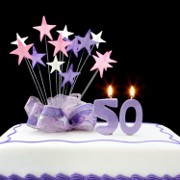 Photo: Getty Images
Photo: Getty Images
Although I am not yet 50 years old, that pivotal age in life is slowly creeping up on me. That is the age where I suspect many people take stock of their health and begin to assess what risks associated with age may soon begin to knock on their doors. Bear in mind, I am not overly concerned. When you have a 106-year-old grandma who is practically the picture of health, thoughts of disease and chronic illness don’t necessarily take up residence in your mind. I have always lived with the positive thoughts that I am healthy, well, and of sound body and mind, although the latter is always up for debate!
In doing my usual research for articles related to bones and joints, I came across an interesting article that speaks to the new screening guidelines for osteoporosis, and I wanted to share those with you in this forum. If you are 50 or are approaching that intersection in life, this might be of interest to you.
When you think of weak, brittle bones, images of an older, stooped-over lady may come to mind. However, younger women are at just as much risk as those ladies who are in the afternoons of their lives. Recently, the U.S. Preventive Services Task Force, a part of the government’s agency for health care research and quality, released new recommendations that indicated women as young as age 50 who have high risk factors for osteoporosis should get tested for the disease. Previous guidelines supported by this task force back in 2002 suggested women with risk factors wait until age 60 to get screened.
The National Osteoporosis Foundation alerted us to the fact that 10 million Americans suffer from this disease and an alarming 34 million are at risk. In fact, in a given year, there are 1.5 million fractures reported that are related to osteoporosis. These statistics cost the health care system nearly $18 billion.
Osteoporosis can be so devastating on one’s bones that even a simple bout of coughing and bending over while doing so can cause a bone to fracture.
Most evidence relating to this disease suggests that all women age 65 and older should be screened for osteoporosis. However, if you fall into a high-risk category, getting screened for it as young as age 50 is a wise idea.
High-risk factors include a family history of the disease, low body weight, and drug and alcohol use. Also, if you are Caucasian, you are at a greater risk than other ethnic groups.
However, there are certain drawbacks of being screened when you turn 50. These could include false-positive results, which may result in the prescription of medication you don’t even need. Some of the drugs used to treat the disease can have very serious, yet rare, side effects.
More than anything, this new recommendation may alert women who fall into the high-risk category to be proactive in their health. I know I will consider it when my 50th birthday rolls around. My 106-year-old grandma began to show signs of it in her late 80s and early 90s. In the years since then, the top of her head has gone from my face level to just below my chin, and she does walk with a stooped back. Years ago, she did have a problem with some vertebrae in her back, but she seems fine now. She rarely lets anything bother her. She has always let things just roll off her back, and now that she is stooped over a bit more than in her younger days, she can joke that things just slide right off much more quickly now, no problem. I love the way Grandma sees the positive in everything!
(Information for this post was found at http://www.aolhealth.com/condition-center/osteoporosis/new-osteoporosis-screening-guidelines?icid=main%7Chtmlws-main-w%7Cdl3%7Csec3_lnk1%7C196213)

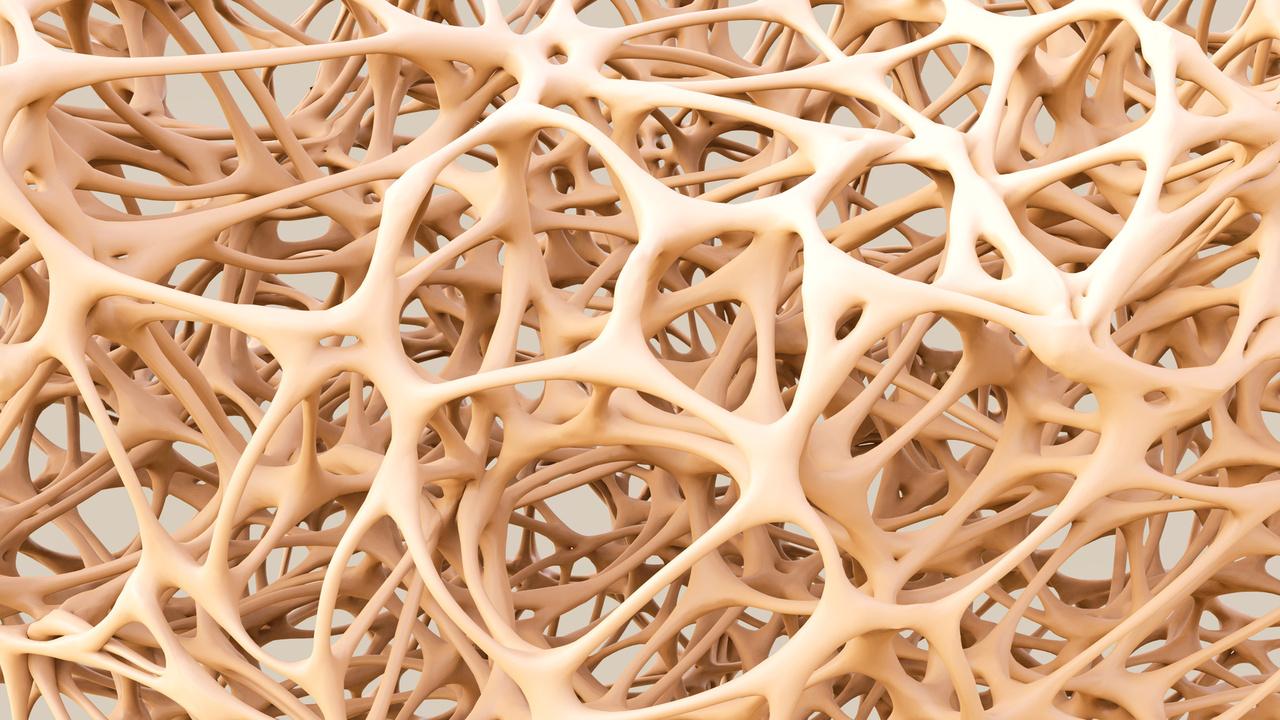
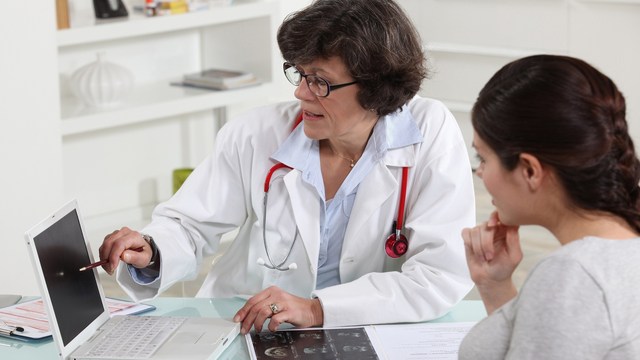
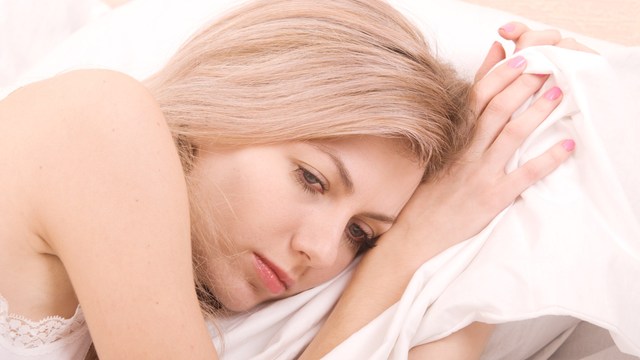
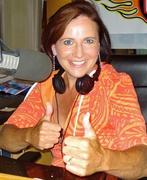

Add a CommentComments
There are no comments yet. Be the first one and get the conversation started!